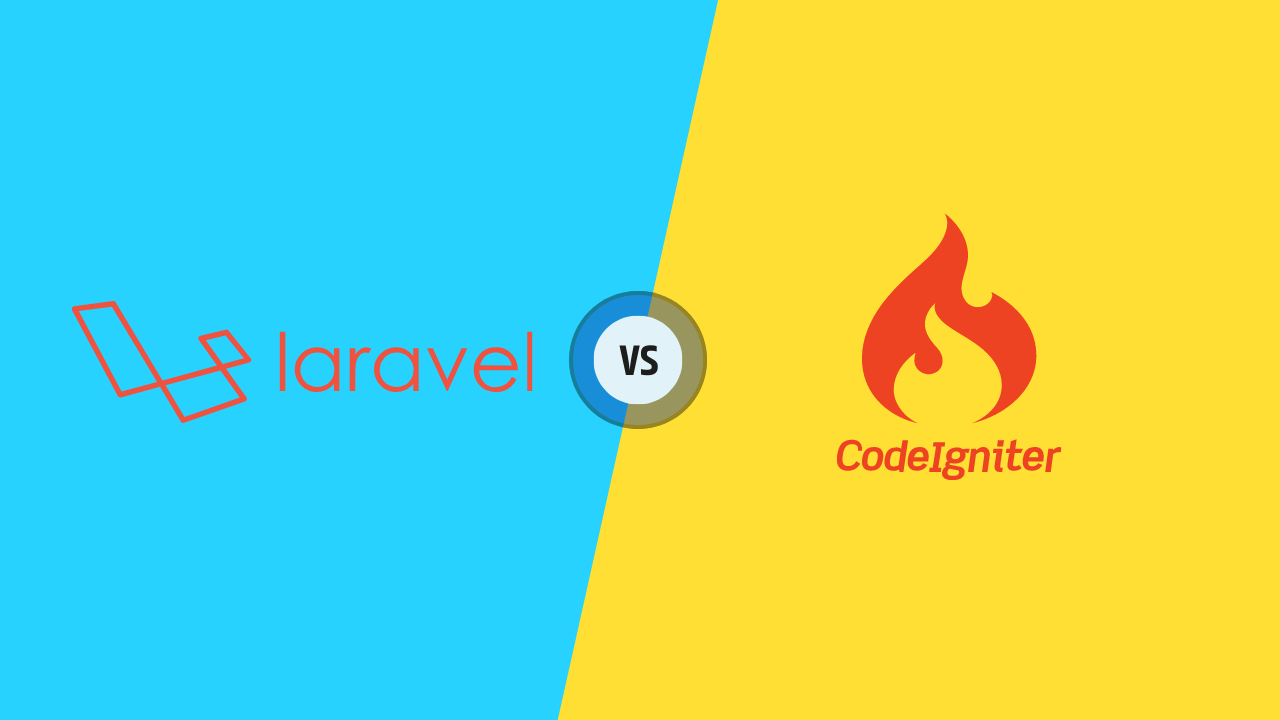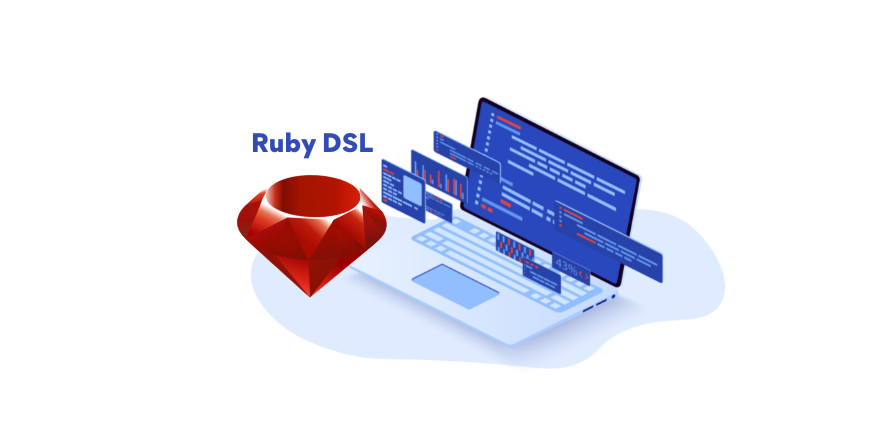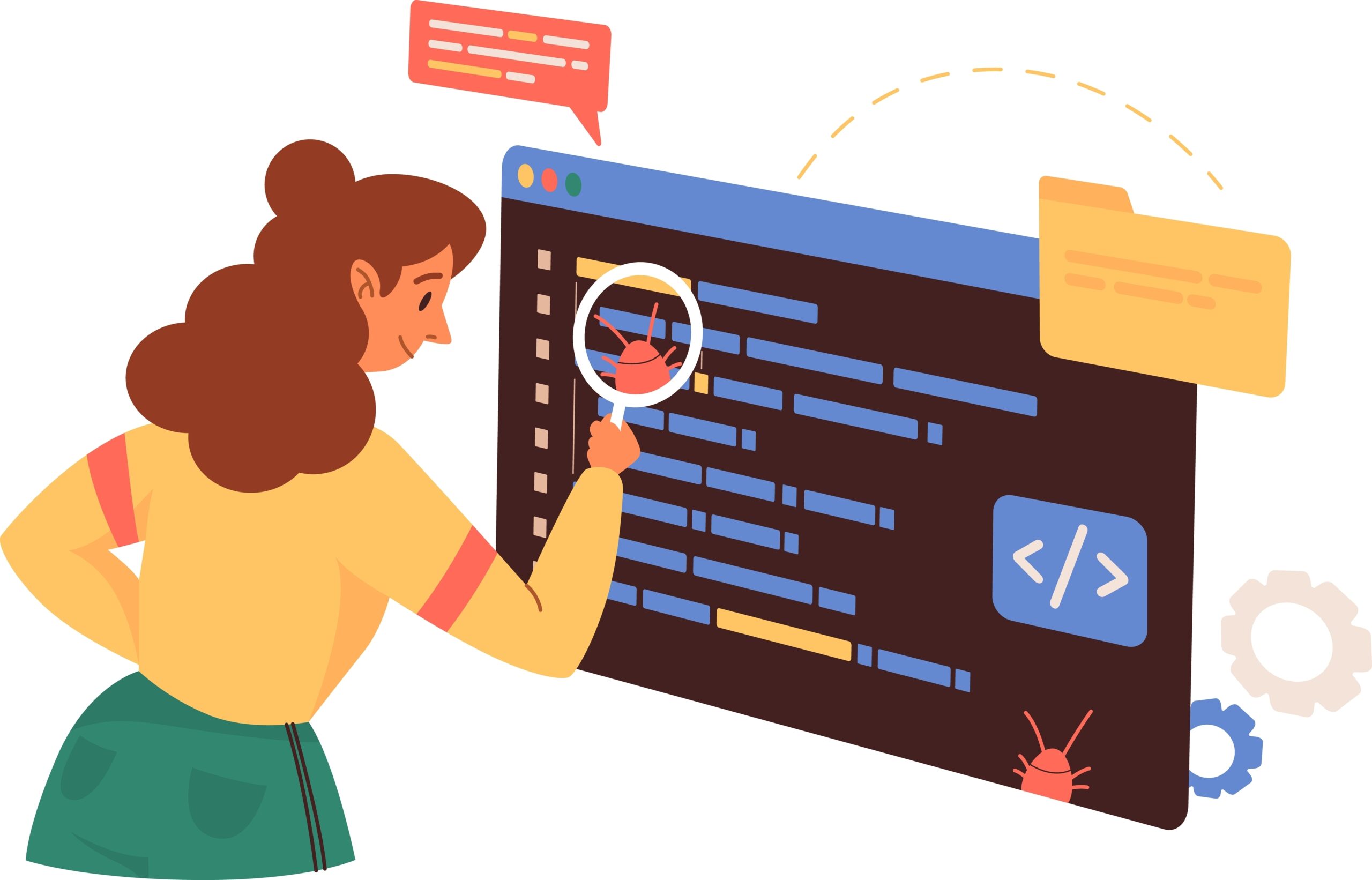Java was developed by Sun Microsystems. It was released in 1995 and the rest is history.
As a Java Developer, it is recommended to equip yourself with knowledge on Java. This blog is created to fulfill this requirement. Java was an instant favourite for every developer.
Why does a Java Developer fall in love with Java? The answer is simple, because java offers too many functionalities. This programming language was meant to ease the compiling pain. A Java program is meant to be created once and this code can run anywhere that has a suitable JVM environment. A Java developer may use this language from creating a simple website to a complex Android Application. Java is a popular choice for DevOps, AI, serverless functionalities, continuous integration, chatbots, big data, and mobile, in addition to Android and the web.
Despite the fact that numerous current programming languages have their own user bases and applications, Java development has its own appeal and a vast ecosystem of Java products and technology that are nearly hard to replace.
An Outline of Java Developer
Java Developers have to equip themselves with ample knowledge which they can use to design the software, implement various operations logic, integrate with APIs to enhance the existing functionalities, developing to fulfill all the needs of clients, and can maintain these operations in the future. To achieve this a Java developer has to possess certain skills sets along with knowledge.
Because of Java’s ubiquity, variety, and stability, it is one of the most popular jobs in the development industry. Because of Java’s prominence in all sorts of tech areas, we are confident that a Java developer will have a bright and profitable future.
The roles and responsibilities of Java developers evolve over time, and in order to be a successful Java developer, one must adapt to these changes. This article delves into the specific roles and responsibilities of a Java developer, as well as skills, salary, scope, and interview questions.
Now, let’s start this blog.
Essential Skills of a Java Developer
As a Java Developer, you will have plenty of opportunities to work on important and distinguished projects. It will lead a path for you to grow within this professional environment. Often, a Java Developer has to work with a dynamic and enthusiastic team and there will be a time that will demand excellent skills.
For the ease of understanding we divided these skills into two parts: Technical and Professional Skill. The professional skill encompasses the common software development talent, whereas the technical skill contains the technology-specific expertise.
Technical Skill
A Java Developer must have hands-on expertise with Core Java.
Exception handling, memory management, and object-oriented programming techniques should be included in a Java Developer’s notebook.
Multithreading and dependency injection are two topics that must be understood by all Java Developers.
HTML, XML, JSON, CSS, JavaScript, JSP, and Servlet knowledge are key to the solution of every Java Developer.
Knowledge of relational and/or non-relational databases such as MySQL, MongoDB, and others is required in a Java Developer to handle back-end database operations.
Working knowledge of ORM frameworks and concepts like JPA2 and Hibernate
Working knowledge of any Java IDE (e.g., Eclipse, Intellij IDE)
At least one framework — Spring, Struts, or JSF – is required because frameworks are like a playground for Java Developers.
Understanding of build tools such as Maven, Gradle, and others.
Controlling the versions (Git repository)
Familiarity with CI/CD and DevOps, as well as technologies such as Jenkins and GitHub pipelines.
Professional Skills
Using the Java EE platform to design and create apps.
Analysis of Object-Oriented programming and design patterns based on logic.
Fluent through the internal operations of Java, such as memory management, transaction management, and so on.
Develop critical applications that have dynamic features and enhance user experience.
As a Java Developer, try to get into every little thing related to the project. The more you are exposed, the more you will be able to learn.
Write well-thought-out, tested, and efficient code.
Prepare and publish software component releases.
API implementation.
Problem-solving abilities, an analytical mind, and a positive mindset are all required.
Test-driven development experience is a plus.
Spring Boot, Hibernate, and Spring Experience
Knowledge with Relational Databases, SQL, and ORM technologies is essential (JPA2, Hibernate).
REST API development experience is a plus.
Identifying and assessing risk
Roles And Responsibilities Of a Java Developer
Java developers’ duties and responsibilities may differ from one firm to the next. Because Java is such a diverse language with so many distinct frameworks and use cases, Java developers’ roles and duties vary depending on the situation. A Java developer is in charge of designing, developing, and maintaining Java-based programmes.
A Java developer’s tasks are also determined by his or her years of experience and seniority. The path of a Java developer begins with entry-level programmers and ends with the project manager of an organization’s Java development team. A Java developer is a specialist in the Java programming language who collaborates with software engineers, designers, and developers to create Java-based apps, websites, and software products.
Responsibilities of a Java Developer
Using the Java tech stack to design, create, develop, and manage applications that meet the criteria
Recognize business needs and translate them into technological specifications.
Participate in SDLC activities such as requirement gathering, analysis, design, development, testing and integration, and maintenance.
Constantly monitor, detect, and address production and non-production concerns.
Writing code that is clean, efficient, and secure.
Ensure the application’s performance, security, stability, and quality.
Enhance current systems by introducing new features that are in accordance with company needs.
To enhance the entire system, track performance and adopt creative solutions.
Build scalable, secure, and high-quality products in collaboration with peers and team members.
To create, deploy, and maintain software, do frequent inspections and follow best practices.
New features and products are deployed into the production environment.
These tasks are generic in nature and may change depending on the situation. Java is utilized on a variety of platforms, including the web, mobile, backend, and many others. The essential task, though, remains the same: using the Java programming language to create fantastic products.
Java Developer Interview Questions
What is the difference between C++ and Java?
Describe the key features of the Java programming language?
Explain JVM. What do you understand about JVM?
Elaborate on the differences between JRE, JVM, and JDK?
What are constructors in Java?
Explain a singleton class in Java and how can we create a singleton class ?
What are the OOP concepts in Java?
What is the JIT compiler?
What is an Object?
Can you make a constructor final?
Explain the difference between constructors and methods.
Why is the main method static?
Are multiple inheritances supported in Java?
Why does Java not support pointers?
State the differences between abstract classes and interfaces?
Name the different types of inheritance in Java?
What is method overriding and method overloading?
What is encapsulation in Java?
Explain dependency injection.
Why is Java architecture Neutral?
Name supported platforms by Java programming language.
What is Polymorphism?
What is the key benefit of encapsulation?
What is NullPointerException?
Is Java a pure OOP language?
Can we overload the main() method?
What is the collection framework in Java?
Salary of Java Developer
According to major employment portals, a junior Java developer with 0 to 2 years of experience may earn $600 per year, whereas a senior Java developer in the United States can earn $85000 to $115000 per year. The average annual income of a Java developer in India is 4,96,685.00/-. The salaries will surely vary due to level of experience. The salaries tend to increase as the Java Developer gains experience and uses them to build better products.
The following is the list of top MNCs in India and yearly salaries provided by them to Java Developers:
– TCS – 4.47 Lakhs
– Capegemini – 5.7 lakhs
– Infosys – 4.6 lakhs
– Cognizant – 5.4 lakhs
– Accenture – 4.8 lakhs
– IBM India – 5.7 lakhs
– Wipro – 4.2 Lakhs
– HCL – 5.6 lakhs
Conclusion
Java developers will have a very broad and rewarding future. They are one of the most sought-after and well-paid job professionals in the world. There are good resources and several chances for people who are just getting started with Java or who wish to pursue a career in Java programming. Technical and management professions, such as technical architect, project manager, full-stack java developer, and so on, are available depending on your qualifications, interests, and talents.
More than simply coding is required in this profession; you must also learn and unlearn ideas, frameworks, and tools that may be encountered. A Java developer is seen to be flexible since they deal with a variety of technologies.







